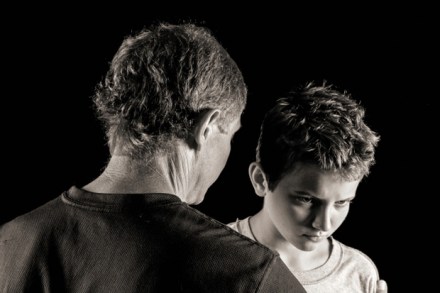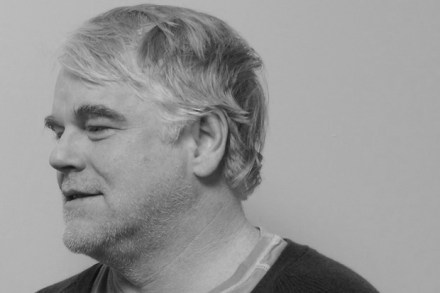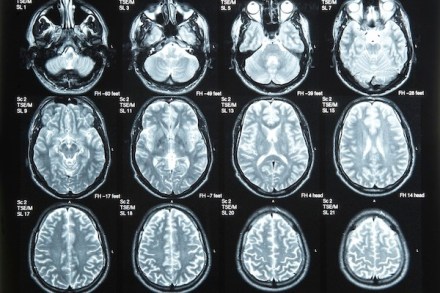Back to Bedlam: Patrick Skene Catling on the book that makes madness visible
Madness is an ancient, evidently inscrutable mystery, often regarded with superstitious fear, yet can provide a refuge from reality. Sometimes, however, the refuge turns out to be a trap. The human brain, beyond even the most rigorous thinker’s continuous control, is equally able to afford exquisite privacy and atrocious chaos. Andrew Scull, born in Scotland and educated at Oxford and Princeton, a Distinguished Professor of Sociology and Science Studies at the University of California, San Diego, and the author of psychiatric books highly esteemed by medical historians on both sides of the Atlantic, has now written a learned, liberally humanitarian and wryly witty account of how people in civilised societies










